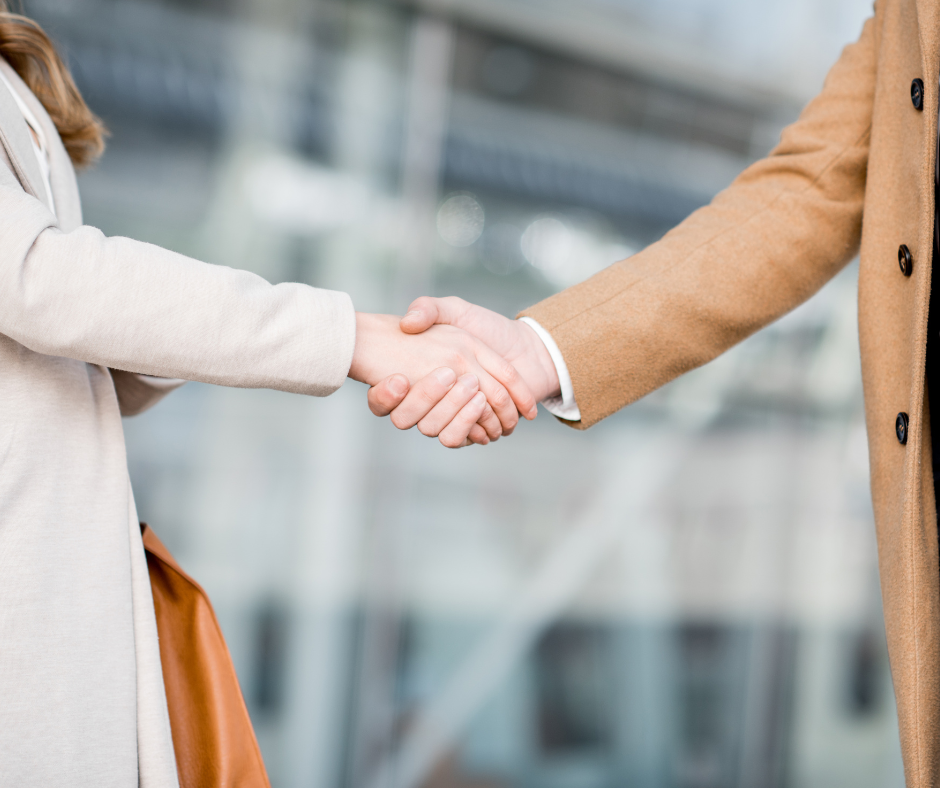Access4you’s partner network counts many highly esteemed accredited partners, both sales and auditor professionals. With them, the mission to make the world more disability-inclusive and socially sustainable set by Access4you can be manifested faster and more efficiently. Lately, we asked one of the valuable partners, Hussein Serag, to tell more about himself and why he decided to join Access4you’s journey.
A4U:
Please tell us a little about yourself and your connection to Access4you’s mission.
Hussein:
I am an Egyptian architect at Dar Al-Handasah, I have been involved in designing, architectural engineering, and supervising various projects in the Middle East and Africa, ranging from residential, commercial, educational, and healthcare sectors. I have applied my skills and knowledge in accessibility, design standards, architectural engineering, and environmental sustainability to create functional, innovative, and inclusive spaces that meet the needs and expectations of clients and users.
With a physical disability that makes me a wheelchair user, I am passionate about promoting accessibility, sustainability, and well-being in the built environment, and I have obtained multiple certifications to support this goal, such as LEED AP Building Design + Construction, WELL AP, and The Science of Well-Being. I believe Access4you shares the same goal, which is to help in building a sustainable and inclusive future for all.
I have also completed a RIBA2 degree and a PMP certification to enhance my professional development and project management skills. I am currently pursuing an MSc in Architecture and Environmental Design at Arab Academy for Science, Technology and Maritime Transport, where I also obtained my BSc in the same field, to further advance my academic and research interests.
A4U:
Why have you decided to join Access4you’s partner network?
Hussein:
As an architect who uses a wheelchair, I have a unique understanding of the challenges faced by individuals with disabilities when it comes to accessing buildings and spaces. I believe that everyone, regardless of their physical abilities, should have equal access to the built environment.
Joining the Access4you partner network aligns perfectly with my personal and professional values. I am passionate about creating inclusive and accessible spaces that cater to the needs of all individuals, including those with disabilities. By partnering with Access4you, I can contribute my expertise and experience to help improve buildings worldwide, making them more accessible and inclusive for people of all abilities.
I am committed to working collaboratively with Access4you and other stakeholders to promote universal design principles and advocate for greater accessibility in the built environment. Together, we can make a meaningful difference in creating a more sustainable and inclusive future for everyone.
A4U:
What is the current state of accessibility and disability inclusion in your own country?
Hussein:
The state of accessibility and disability inclusion in Egypt has seen some progress, but there are still significant challenges and areas for improvement.
Legislation and Policies: Egypt has made efforts to improve accessibility through legislation and policies. The Egyptian Constitution guarantees the rights of persons with disabilities, and the country ratified the United Nations Convention on the Rights of Persons with Disabilities (CRPD) in 2008. Additionally, the Egyptian government launched the National Strategy for the Empowerment of Persons with Disabilities 2018-2023 to promote their rights and inclusion.
Accessibility Infrastructure: While there have been some improvements in accessibility infrastructure, such as ramps and accessible transportation in major cities like Cairo, accessibility remains limited in many areas. Public buildings, transportation systems, and tourist sites often lack adequate accessibility features, making it difficult for persons with disabilities to fully participate in society.
Education and Employment: Access to education and employment opportunities for persons with disabilities is still a challenge in Egypt. While there are initiatives to promote inclusive education and vocational training, many persons with disabilities continue to face barriers to accessing quality education and finding employment.
Awareness and Attitudes: Attitudes towards disability are gradually evolving in Egypt, but stigma and discrimination persist. There is a need for increased awareness and sensitization campaigns to promote positive attitudes towards persons with disabilities and combat stereotypes and misconceptions.
Civil Society and Advocacy: Civil society organizations and advocacy groups play a crucial role in promoting disability rights and inclusion in Egypt. These organizations work to raise awareness, provide services and support to persons with disabilities, and advocate for policy changes and better implementation of existing laws.
A4U:
What are your goals for the future as Access4you’s accredited partner?
Hussein:
My goals for the future as Access4you’s accredited partner are aligned with the organization’s mission:
I aim to advocate for universal design principles and raise awareness about the importance of accessibility in the built environment. By educating clients, fellow architects, and the public about the benefits of inclusive design, I hope to promote a mindset shift towards prioritizing accessibility in all construction projects.
I aspire to provide expert consultation and innovative design solutions that prioritize accessibility and meet the diverse needs of individuals with disabilities. Whether it’s designing barrier-free spaces, implementing inclusive features, or retrofitting existing buildings for accessibility, I am committed to creating environments that are welcoming and functional for everyone.
I intend to collaborate with stakeholders, including government agencies, developers, builders, and disability advocacy groups, to drive positive change and influence policy decisions related to accessibility and inclusion. By forging strategic partnerships, we can work together to implement best practices and standards for accessibility in the Middle East and on a global scale.
Thank you, Hussein, for the interview!
For those who are interested in becoming Access4you accredited partners and contribute to a more inclusive and sustainable world, follow this link and read on. Show your commitment towards social values to the world, and join us today!
